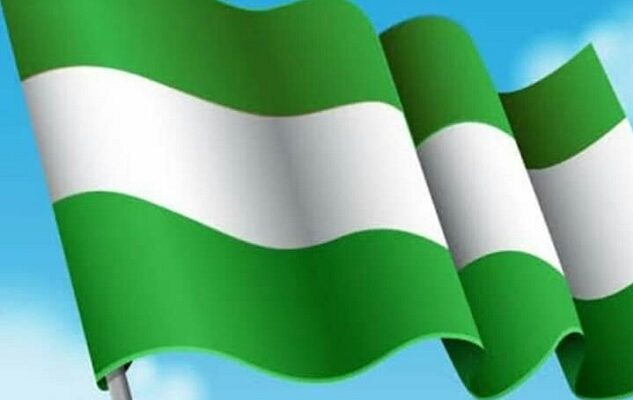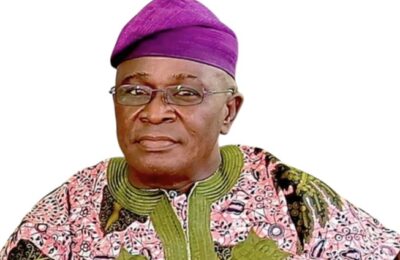Today, Nigeria marks 65 years of independence. A milestone that should inspire celebration, but in truth, it calls for sober reflection. For all our resources, population, and promise, the question echoes loudly: Are we truly independent, or just free in name only?
65 Years Before Independence: The Making of a Nation
Between 1895 and 1960, Nigeria was under colonial rule. The British built railways, roads, schools, and administrative structures—but not for Nigerians’ benefit. These projects served the empire’s economy, not the local people.
The 1914 amalgamation lumped over 250 ethnic groups into one political entity, sowing seeds of both unity and discord. But nationalism grew. Leaders like Nnamdi Azikiwe, Obafemi Awolowo, and Ahmadu Bello ignited the flame of self-rule.
By 1960, Nigeria stood tall—resource-rich, youthful, and brimming with hope. The world looked at us as Africa’s rising giant.
65 Years After Independence: Promise Betrayed
Independence came with fireworks of hope. But decades later, the promise has been squandered.
Military coups and a bloody civil war tore at the nation’s soul.
Oil wealth, instead of building industries and jobs, became a curse—fueling corruption and dependency.
Agriculture, once Nigeria’s backbone, was abandoned.
Institutions weakened, insecurity spread, and millions of young Nigerians remain jobless.
Yes, there have been bright moments—the GSM revolution, Nollywood, democratic transitions—but these wins are overshadowed by the deep wounds of bad governance, tribal politics, and wasted opportunities.
At 65, Nigeria is still asking the same questions it asked at birth: Who are we? Where are we going?
The Way Forward
Nigeria’s problem has never been lack of potential. It is lack of discipline, unity, and visionary leadership. The way out is clear:
- Fix Our Institutions: Corruption must become costly, not rewarding. Strong judiciary and accountability are non-negotiable.
- Diversify the Economy: Agriculture, manufacturing, and technology must replace oil dependence.
- Invest in People: Quality education and technical/vocational training (TVET) must empower our youths with skills, not just certificates.
- National Unity: Citizenship must mean more than tribe or religion. Nigeria must build a true sense of belonging for every citizen.
- Leadership with Vision: The nation needs leaders who place country above self, and citizens who demand results, not handouts.
Final Word
Freedom in 1960 gave us wings. But 65 years on, Nigeria has refused to fly.
The choice before us is stark: remain trapped in cycles of waste, or rise to fulfill the dreams of our founding fathers. Independence was the first step. True freedom—economic, political, and social—remains unfinished business.
At 65, Nigeria can no longer hide behind excuses. The next 65 years must tell a different story—or history will judge us as a nation that had everything and became nothing.
– Moses Salami writes from Kogi state.




